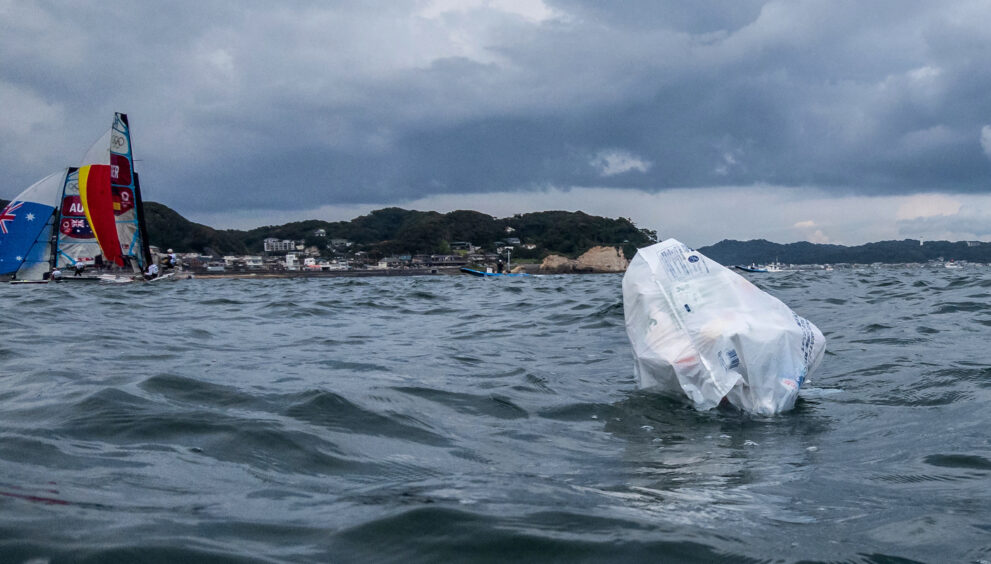In UN talks for a global plastic treaty, delegates to face off over production limits

Working with a document called a “zero draft” that lists possible policies and actions to consider, national delegates to the weeklong meeting in Nairobi, Kenya, will be debating which of those options to include in what eventually would become a legally binding treaty by the end of 2024
As global discussions resume this week to formulate a treaty addressing plastic pollution, officials anticipate challenging deliberations on whether to restrict plastic production or concentrate solely on waste management. Delegates, gathered in Nairobi, Kenya, are scrutinising a “zero draft” document outlining potential policies, aiming to establish a legally binding treaty by the close of 2024.
The current global plastic waste output stands at approximately 400 million tonnes annually, with less than 10 per cent subject to recycling, as reported by the UN Environment Programme. This unsustainable trend is poised to escalate in the next decade, aligning with the energy transition away from fossil fuels, prompting oil companies to explore alternative revenue streams, including increased plastic production.
Highlighting that nearly 98 per cent of single-use plastics are derived from fossil fuels, the European Union, along with countries such as Japan, Canada, and Kenya, advocates for a robust treaty featuring binding provisions to reduce virgin plastic production and eliminate or restrict problematic plastics. In opposition, the plastic industry and exporting nations like Saudi Arabia contend that the focus should center on recycling and reusing plastics, promoting what is termed “circularity” in the plastics supply.
Saudi Arabia attributes the plastic pollution issue to the “inefficient management of waste,” a stance detailed in a pre-negotiation submission. The United States, shifting its initial position, now advocates for a treaty based on national plans aligned with globally agreed goals to meaningfully and feasibly reduce plastic pollution.
The International Council of Chemical Associations stresses the inclusion of measures promoting a circular economy for plastics in the treaty.
Delegates will also deliberate on whether the treaty should establish transparency standards for chemical use in plastics production. Procedural obstacles, which surfaced in June when Saudi Arabia advocated for majority decisions rather than consensus, must first be resolved. Environmental groups express the hope that this week’s discussions will shift focus to the treaty’s substance, avoiding delays caused by procedural disputes.





































































































































































































































































































































































































































































































































































































































































































































































































































































































































































































































































































































































































